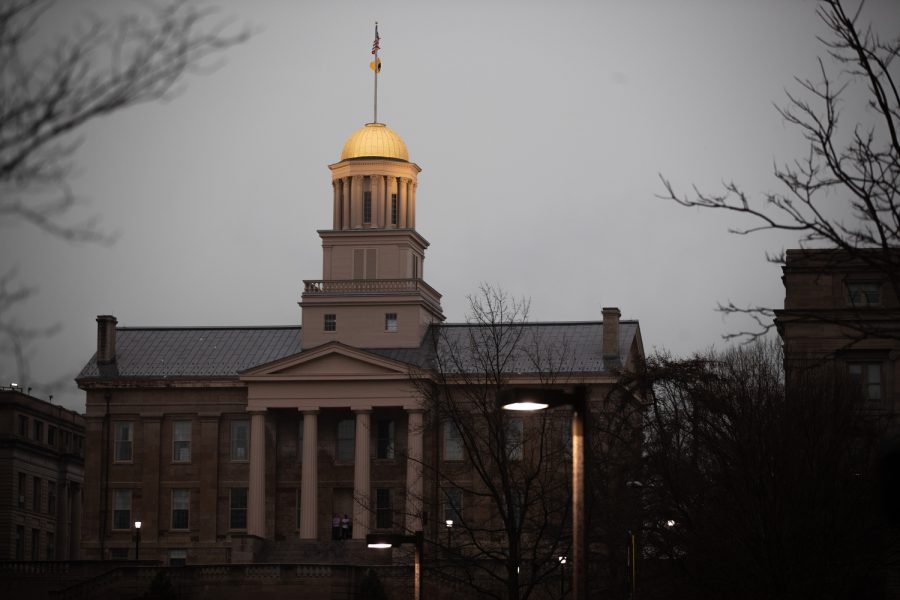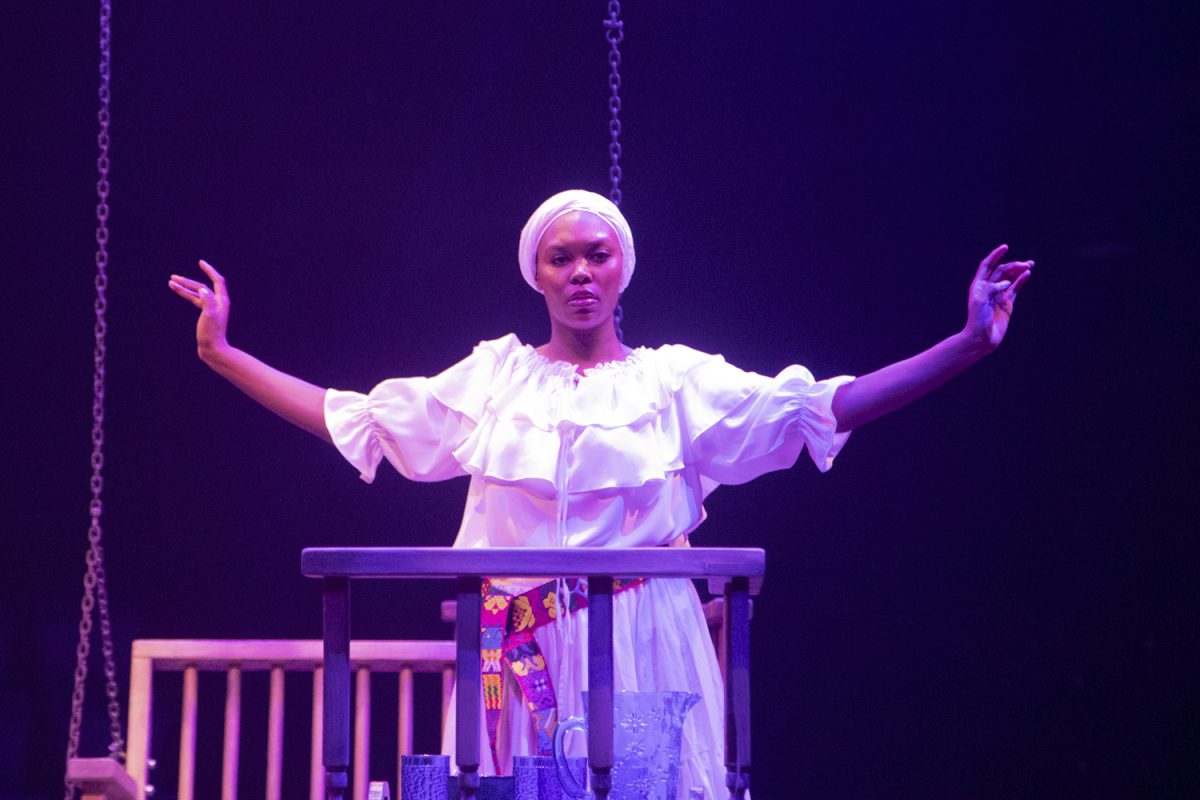Kabir may have lived and died in the 15th century, but his 600-year-old footprint is still visible today. The transcendental poet of north India has enjoyed generations of Hindu, Muslim, secularist, and atheist admirers.
Kabir’s poetry seeks to dismantle societal boundaries, and his words promote religious tolerance and the idea of an individual path to truth. This weekend, the UI will celebrate the legendary poet’s spirit with an array of guest performers and intellectuals.
Today, award-winning film director Shabnam Virmani will screen her documentary Had-Anhad: “Bound-Unbound”: Journeys with Ram and Kabir at the Seamens Center. The film is one of a four-film series Journeys with Kabir, which analyze the poet’s influence on contemporary society. Had-Anhad explores the politics behind the Hindu-Muslim clash of religions in modern India and Pakistan. Virmani’s encounters uncover a history of dissenting versions of Rams — or Gods — and a range of engendered Kabirs.
Renowned author, translator, and Stanford University Professor Linda Hess will recite passages from her translation of Kabir’s Bijak at Prairie Lights Books, 15 S. Dubuque St., on Friday.
Trinity Episcopal Church, 320 E. College, will host a Kabir music concert by Prahlad Singh Tipanya and Party. The five musicians have overcome caste discrimination and extended their prominence beyond their home village in India’s Madhya Pradesh state. Tipanya’s popularity earned him India’s distinguished Sangeet Natak Akademi award for the arts in March 2008.
Kabir’s poetry “affirms the equality of human beings,” said Asian and Slavic languages and literature Professor Philip Lutgendorf. “For that reason, [Kabir’s] music has special appeal to disadvantaged communities [of South Asia].”
Ever since India and Pakistan became independent in 1947, a great effort in South Asia has emerged to overcome entrenched social prejudices. This activism is frequently found among the oppressed themselves, Lutgendorf said, including the Dalits, formerly known as Untouchables. The Kabir musicians are a part of an important social process that inspires downtrodden groups toward greater assertiveness, he said.
Kabir’s works are prominent in South Asian society on a level comparable with Shakespeare in the Western world Lutgendorf said. People still quote his verses in everyday life.
“A lot of Americans have a stereotype of India that emphasizes social prejudice and poverty … a stereotype perhaps compounded by popular films such as Slumdog Millionaire,” Lutgendorf said. “The Kabir tour shows another side of India, where there is social activism and inter-religious dialogue and harmony.”
Kabir’s popularity is not only an Indian phenomenon, it resonates in neighboring countries including Pakistan and Bangladesh, and today’s film, Had-Anhad, features Pakistani Muslim artists who also perform his verses.
Kabir may strive toward a serious purpose, but the pensive poet also knew how to hammer out an infectious beat.
“This is not some sort of social crusade,” Lutgendorf said. The Kabir festival is about “sharing good music” that just happens to include a positive social message.
The foreign lyrics may be lost on the majority of Iowans, who don’t speak Hindi, and yet Kabir’s devotion to breaking down barriers through the universal language of music exemplifies his mission’s strength.






